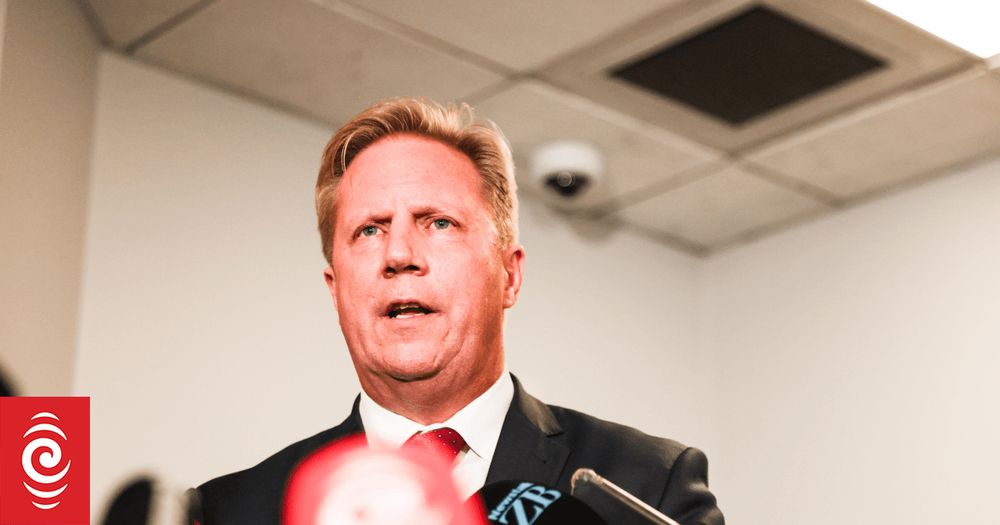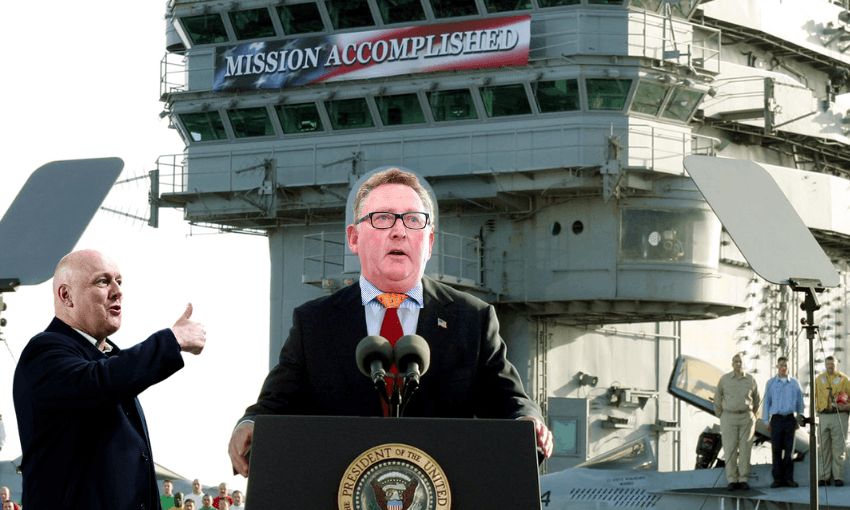Musical Chairs
@musicalchairs.bsky.social
2.1K followers
67 following
2.4K posts
Ugly graphs, insights and outbursts. NZ.
Posts
Media
Videos
Starter Packs
Pinned
Reposted by Musical Chairs

















![1. The official cash rate has dropped
Kiwibank chief economist Jarrod Kerr said the fact that the official cash rate had fallen to the level where it was stimulatory for the economy would be a gamechanger.
"People often say to me 'there's been 250 basis points of cuts, it's not working'… it's like yeah because it only took it back to a neutral setting at 3 percent. [At 2.5 percent], now we've actually gone into stimulatory territory.](https://cdn.bsky.app/img/feed_thumbnail/plain/did:plc:tywukjsdu7wtdkcag724woy7/bafkreihljkxi7t7tbrbe3jthrrrd37gntklxejzm4tsbmxl57gb3mmm5ra@jpeg)











